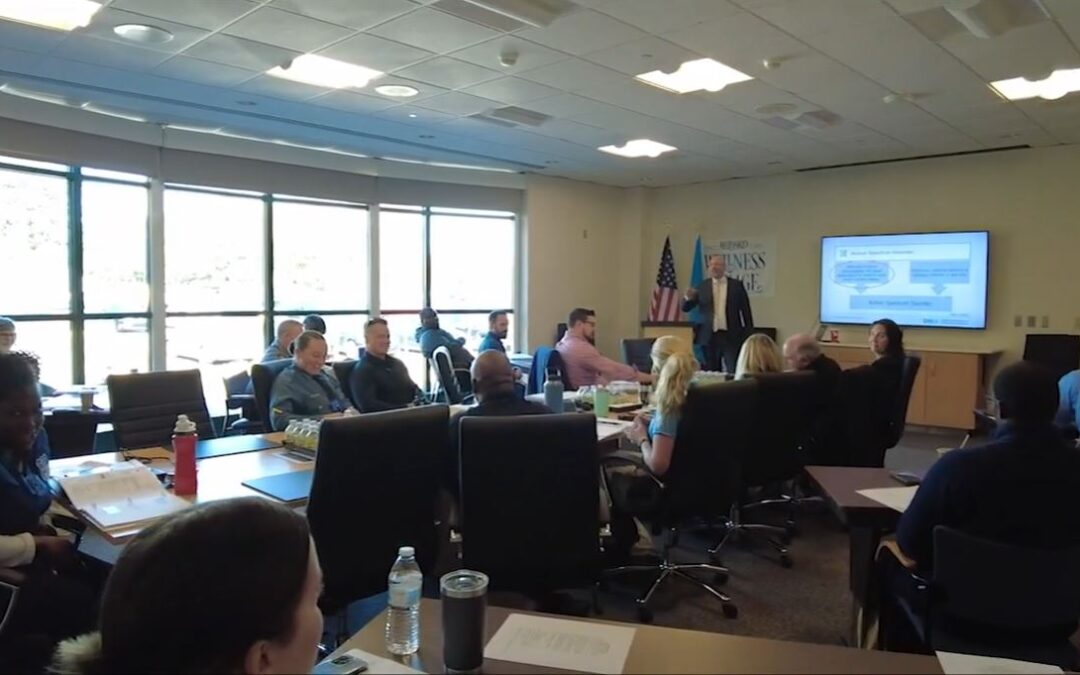By: Javari Burnett
MILFORD, Del. – People with disabilities are disproportionately impacted by violence and crime, according to the Bureau of Justice Statistics.
To help change that narrative, The Delaware Network for Excellence in Autism hosted training sessions Wednesday at the Milford Wellness Village.
The goal was to give first responders the tools to help not just some, but all. “Unfortunately, it’s training that all of our providers don’t get. Fire, EMS, and Police,” Harrington said.
“Disabilities nor developmental disabilities aren’t always obvious to first responders,” DNEA Trainer Charles Sawchenko said.
Departments across Maryland and Delaware learned everything from de-escalation techniques to how to identify a disability.
They were also faced with real-world scenarios on how they’d respond in such emergencies. “For example, giving someone orders who is non-verbal autistic can be very challenging,” Sawchenko said.
“Make people comfortable with these disorders and understand these disorders so they feel better prepared when they encounter an individuals with a developmental disorder.”
Salisbury Fire Department EMS Sergeant Kara Harrington says they encounter many patients with autism and other disorders and now they will be able to provide them with the proper care.
“With a lot more patience, common sense, and taking the time. Not letting call volume and other emergencies rush us from taking the time to deal with these patients,” Harrington said.
The biggest reminder that those first responders were left with: that people with disabilities are still people. “Anytime police show up at a situation, its automatically a heightened situation and people realize that. So being able to talk to someone on their level and making sure that we’re treating people with the compassion we’d treat anyone else with is really important,” Milford Police Department’s Behavioral Health Director Jenna Haines said.
One of the big things those first responders learned was to remain calm and patient in emergency situations involving those with disabilities to avoid causing further disruption.
To find out more about those resources DNEA offers, click here

